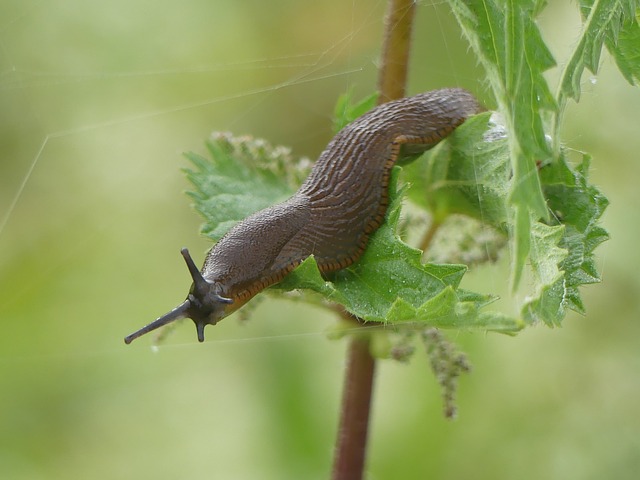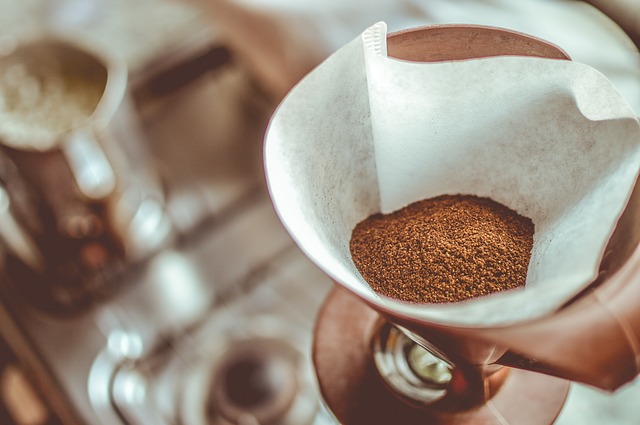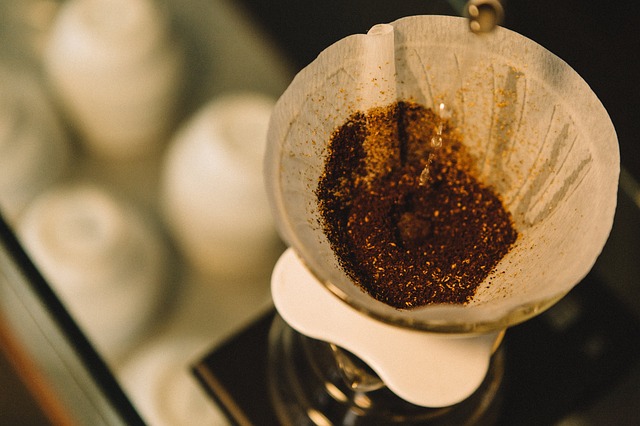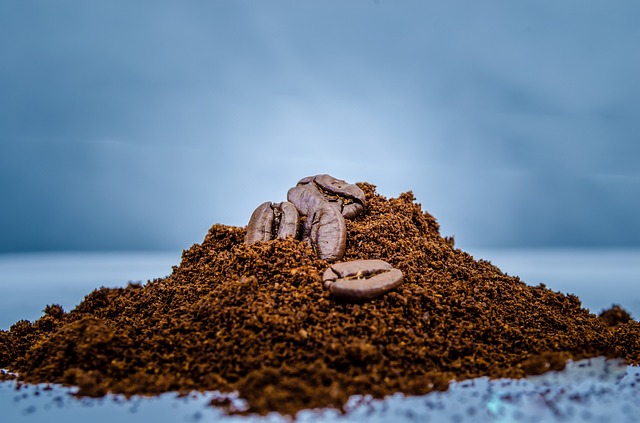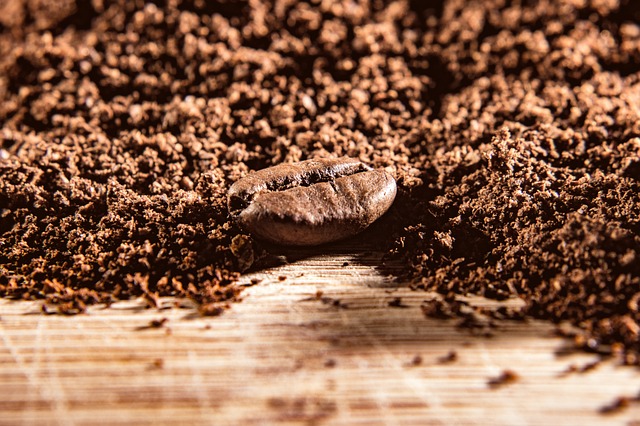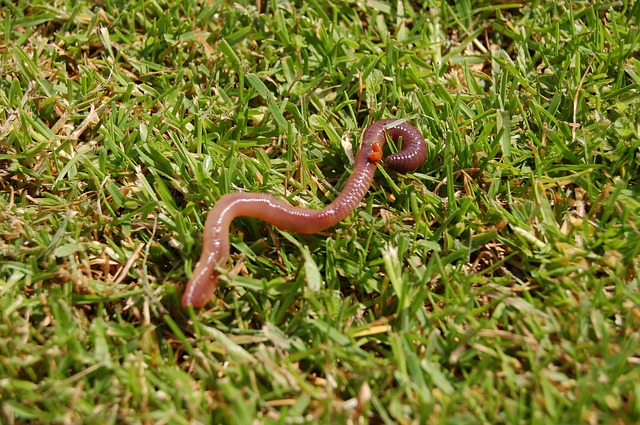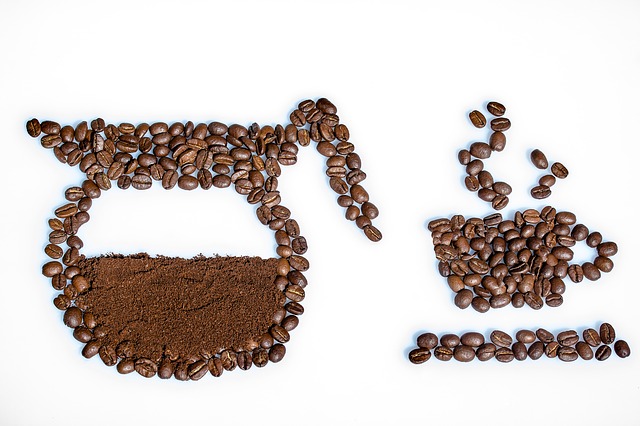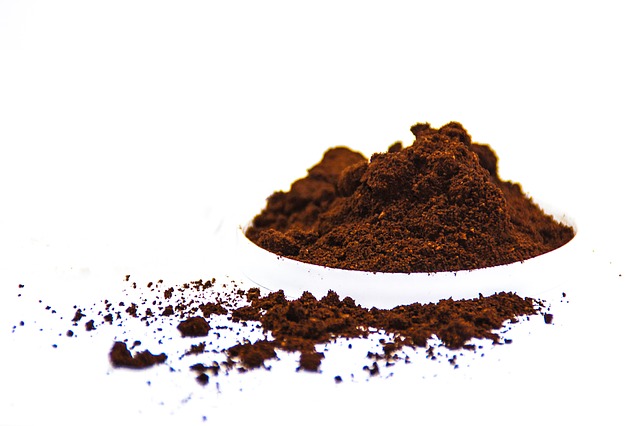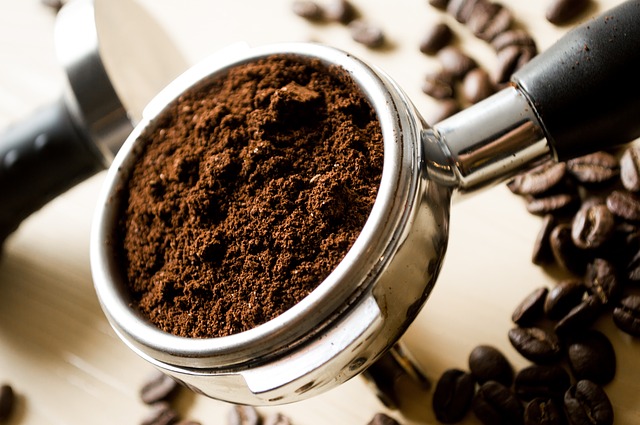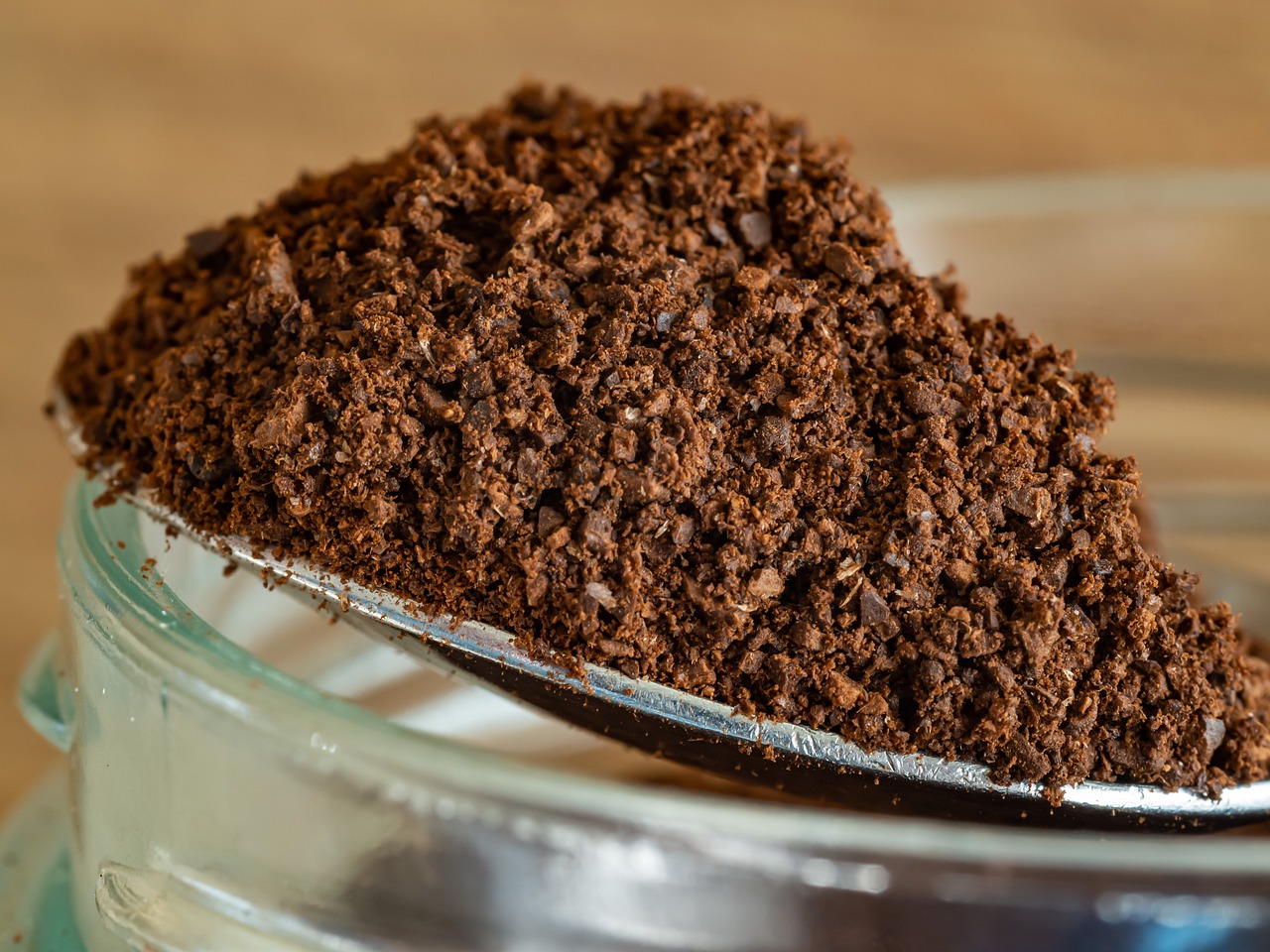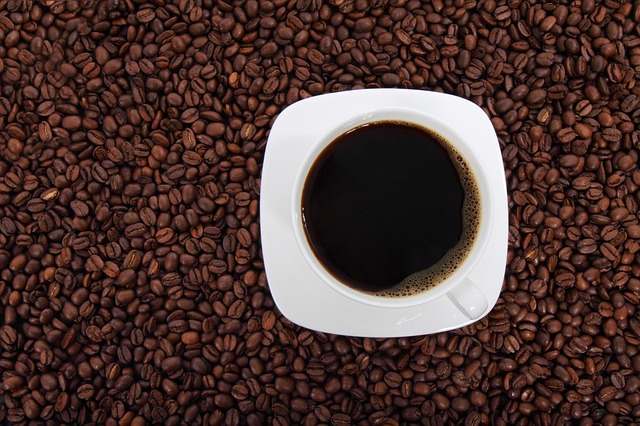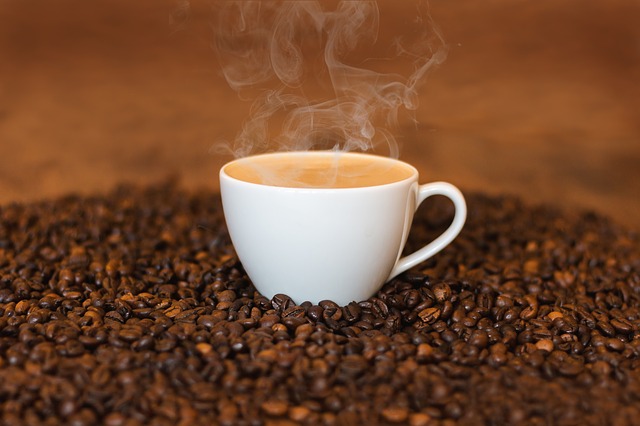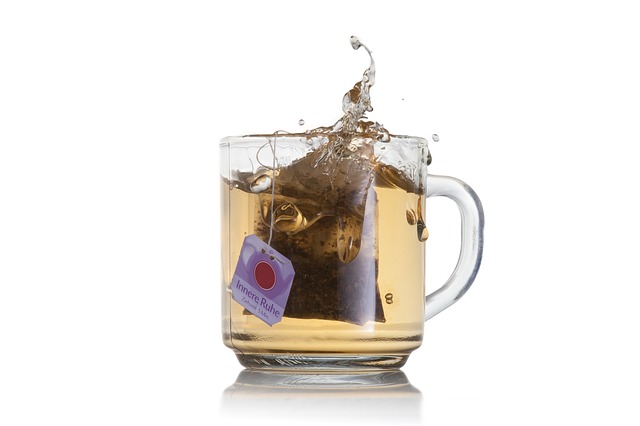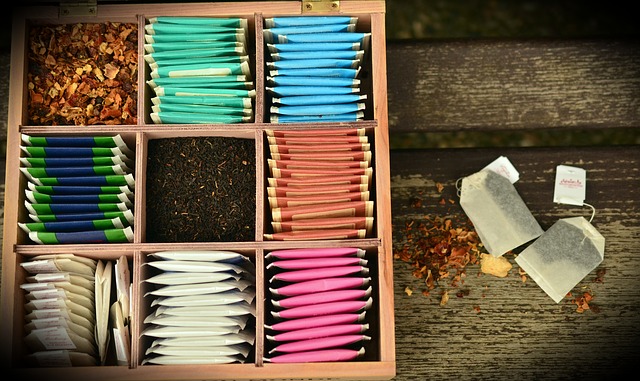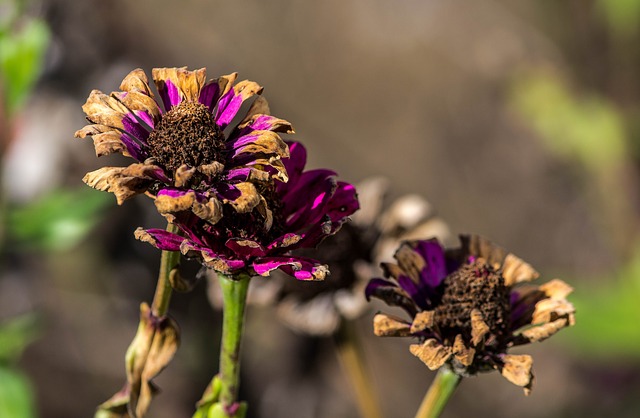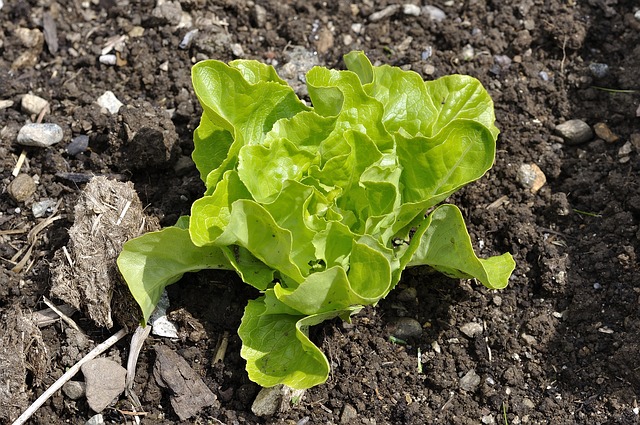
Composting has many excellent benefits. It allows you to recycle organic material which can then be used to help to enhance your soil. And of course, it’s an environmentally friendly way to reduce trash. But before you get started you’ll need to know what not to compost.
Human Feces
Human feces can contain dangerous disease pathogens and sometimes parasitic worms. For these reasons it is not generally composted although it technically can be if it is allowed to age and is properly treated.
However, with the associated risks involved it is therefore not recommended for the average gardener. On the other hand, adding urine to compost is safe. In fact, urine can give your compost a big nitrogen boost and is completely sterile.
Pet Feces
Feces from pets such as dogs, cats, and birds should not be used in your compost. Despite the fact that dog waste does contain many nutrients it can contain parasites that are dangerous for humans. Dog poop compost can also be quite messy.
A much better idea are dog waste bins. Many of these are designed to function similarly to an in-ground septic tank. Cat litter and waste should be kept out of your compost pile as well. Cat feces may contain roundworms which are particularly dangerous for children.
Toxoplasma gondii can also sometimes be found in cat feces. When it is transmitted to a woman that’s pregnant it can cause severe damage to her unborn baby. Feces from pet birds may also carry potential diseases. And because of the birdseed that they eat it can cause weeds to grow in your compost.
Diseased Plants
Many plant diseases such as blight and clubroot can be extremely persistent. It can take up to around one hundred and eighty degrees Fahrenheit to kill disease pathogens and most compost piles will not reach such high temperatures. So to keep diseases from spreading to your garden diseased plants should be burned. Burying them is also an option.
Weeds
Composting weeds is typically okay if they haven’t yet flowered or produced seeds. If they have don’t add them to your pile as seeds will most likely remain dormant when composted and then germinate when added to your soil in the future.
Most compost simply doesn’t get hot enough to destroy weed seeds. Specific weeds such as creeping buttercup, ground elder, and couch grass should be burned. If they are added to your compost they will be sure to multiply.
Anything Toxic
Do not add any toxic materials to your compost. (Knowing where your materials come from can help to make sure this doesn’t happen accidentally.) This includes plants and soils which have been sprayed with herbicides or insecticides. When near busy roadways many plants can actually become coated with harmful lead emissions as well. So to be on the safe side and don’t add plants from these types of locations.
Items That Won’t Decompose Easily
Many items just take too long to break down. Big pieces of wood, shells from various types of seafood, and rags are all examples of things not to compost. Pruning from trees should be chopped up or put through a chipping machine first if they will be added.
That’s because their bark contains lignin which is much harder for bacteria to break down. Make sure to shred heavy cardboard if you would like to add it as well.
Too Many Acidic Items
People often wonder can you compost orange peels and other acidic fruits. The answer is yes and this also goes for other acidic materials like oak leaves and pine needles too.
However, you won’t want to do so in very large amounts unless you are adding something to neutralize them such as limestone. If you have large quantities of acidic materials you may want to set up a separate compost pile specifically to supply your acid-loving plants.
Grease And Oil
While smaller amounts of grease and oil in compost are fine, such as the amount the average house would normally get rid of, anything more than that should be avoided. Not only can grease and oil attract backyard pests of many different types and smell bad, but they can also slow down many of the essential processes that are at work in your compost.
Be sure to follow the basics of composting and use this list of what not to compost. If you do, you’ll quickly be on your way to producing the black gold your garden craves.
Start Shopping for Composting Supplies!
Does Copper Tape Stop Slugs?
Does copper tape stop slugs? The answer is yes. And you can use this simple solution to keep your plants safe from those slimy plant-eating pests. Repel Slimy Garden Invaders Without Harm Despite being relatively small and very slow-moving, slugs can do a lot of...
Coffee Grounds For Flowers
For many of us, there’s nothing we’d rather do than relax with a cup of coffee near the flower garden. Most people don’t realize however that the grounds used to make our coffee can help to increase the health and beauty of our garden. Here’s what you’ll need to know...
Coffee Grounds For Roses
Using coffee grounds for roses is a fabulous way to improve the health of your plants, helping them to produce those gorgeous flowers you’ve been dreaming of. But there are a few things you’ll need to know before getting started. Conditions Roses Prefer Roses do best...
Do Roses Like Coffee Grounds?
Do roses like coffee grounds? This is something many gardeners wonder about, especially since feeding roses coffee grounds has been a practice that’s been around a very long time. The answer is yes they do, and here’s what you’ll want to know. Roses And Acidic Soil...
How To Use Coffee Grounds For Grass
You’ll want to think twice before you toss your used coffee grounds in the trash every day. Those grounds can actually be used to feed and increase the health of your lawn. Here’s everything you’ll want to know about using coffee grounds for grass. Advantages Of...
Are Coffee Grounds Good For Grass?
Are coffee grounds good for grass? The answer is yes, so you may want to think twice before throwing away your used grounds after your morning cup of coffee. Instead, you can put them to work helping increase the beauty of your lawn. Benefits Of Using Coffee Grounds...
Are Worms Good For Your Lawn?
Despite their slimy looks worms are well-known for being very helpful in the garden. But are worms good for your lawn? You bet they are, and here’s why! Aeration As worms travel from place to place in the soil below your lawn, they create a maze of tunnels. And those...
How To Use Coffee Grounds For Snails
You don’t have to kill those annoying garden snails in order to keep them from eating your plants. In fact, you can use your morning coffee as a non-lethal weapon against them. When they come into contact with your coffee grounds snails will turn right around and...
How To Use Coffee Grounds For Ants
There are endless sprays and poisons you can use to get rid of ants. However, you won’t have to look any further than your morning cup of coffee if you’d like a repellent that doesn’t contain any harmful chemicals. By using coffee grounds ants will stay away and kids...
Which Plants Like Coffee Grounds?
While using coffee grounds in the garden offers quite a few benefits, they can be slightly acid and therefore not appropriate for all plants. So which plants like coffee grounds? Here’s what you’ll need to know. The Basics Of Coffee Grounds Coffee grounds contain...
Coffee Grounds And Hydrangeas
While many people love their hydrangeas, they often would love them even more if they were blue. Luckily the grounds from your morning cup of coffee can help you to achieve those gorgeous blue blooms. Here’s what you’ll need to know about coffee grounds and...
Coffee Grounds For Worms
Worms are an extremely helpful component of any compost bin or pile, not to mention worm farms. And it turns your morning cup of coffee can contribute to their diet. Using coffee grounds for worms is an easy way to keep them from heading to the local landfill while...
Using Coffee Grounds In The Garden
Your morning cup of coffee can help you to not only start your day off right, but in the garden as well. The grounds used to make it have many important properties that are ideal for both plants and soil. By using your coffee grounds in the garden you’ll be able to...
Using Coffee Grounds In Compost
It’s estimated that over two billion cups of coffee are consumed around the world each and every day. And that’s an enormous volume of grounds which are used and then tossed in the trash. By using coffee grounds in compost instead, you can help cut down on waste and...
Used Tea Bags In The Garden
Many people don’t realize that once you’ve had a cup of tea, your tea bag can be used again in quite a few other ways. There are actually many great uses for used tea bags in the garden. And here are some of the best! Free Natural Fertilizer The tea leaves and...
Used Tea Bags In The Compost
The next time you have your daily cup of tea, you may want to think twice about throwing that tea bag in the trash. Instead of contributing extra waste to landfills, you can help the environment and your garden by placing used tea bags in the compost. But before you...
5 Eco-Unfriendly Things You Do That Kill Your Garden
Any budding gardener out there wants to do the best for their garden and their plants. But are you accidentally causing it harm? Here are five eco-friendly things you do that kill your garden: Buying Plants that Contain Pesticides You may not use pesticides yourself...
7 Reasons You Need to Start Gardening Now
Looking for a fun hobby to help you relax? Get outside and get to work in a garden. Gardening has a variety of benefits for your mental, physical and spiritual health. Wondering how tending to plants can help you tend to your health? Here are seven ways gardening can...
Quick Tips To Speed Up Compost Times
Compost is an excellent soil conditioner and natural fertilizer. However, it can take quite a while for it to break down into a form that you can use. Luckily there are a handful of simple things you can do to help speed up compost times without much effort. Size In...
6 Common Types Of Soil Deficiency And How To Solve Them
Unfortunately, not all soil has the nutrients that plants need to grow and thrive. In some cases, it may be lacking in one area or another and therefore need a boost. Here are the most common types of soil deficiency and the best ways to deal with each of them....
